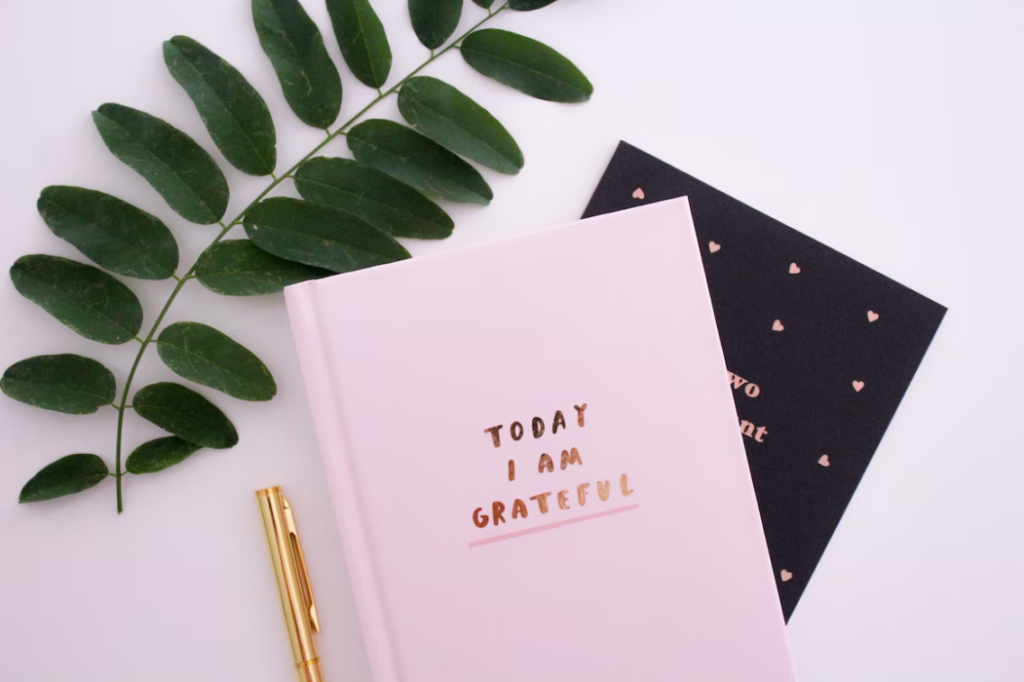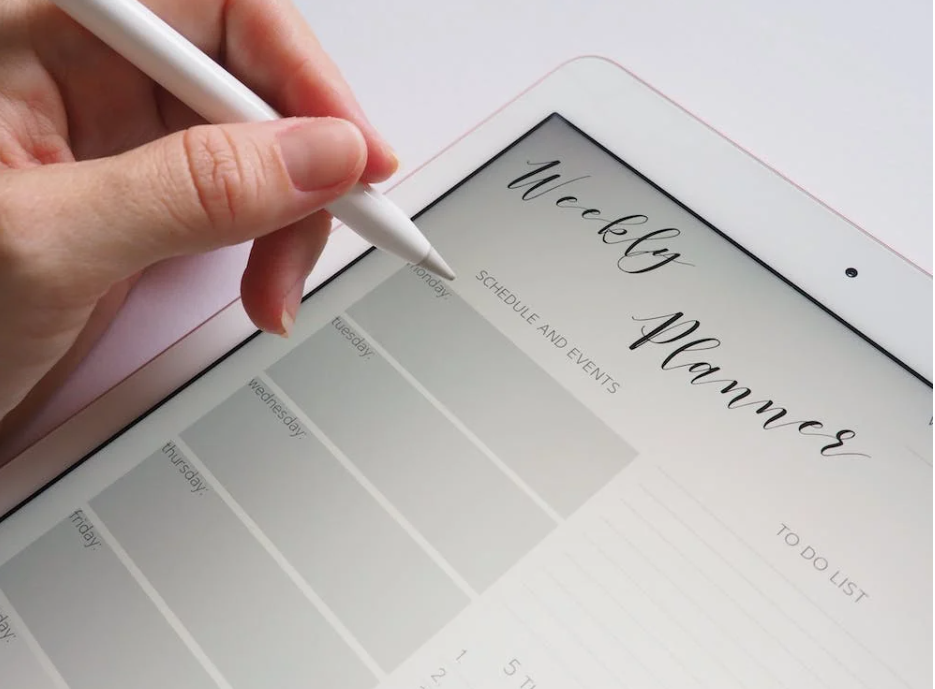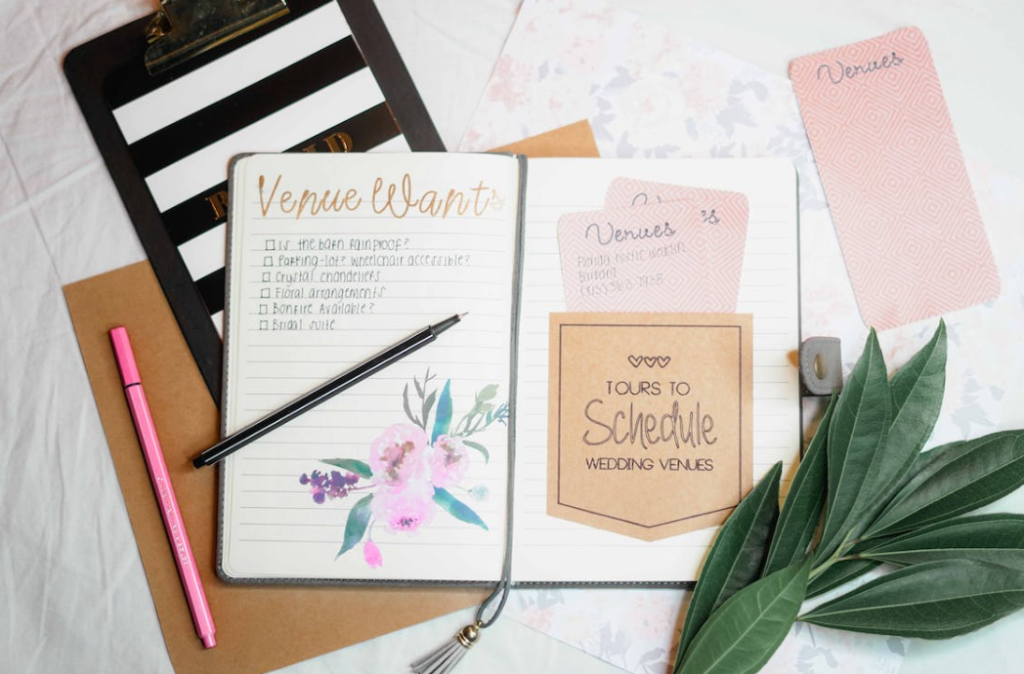Meditation Journal
Learn about the power of meditation journal and how to use it to achieve success.

Selfpause Affirmation App
Download the app to get 1,000’s of affirmation meditations and everything you need to write, record and listen to your own.
Writing in a meditation journal can be a helpful exercise in self-care. It will allow you to record your thoughts, feelings, and intuition. In addition, the journal will help you track your progress with meditation. It can help you improve your mental health and maintain it. Keeping a meditation journal can be helpful in the event that you are suffering from a mental disorder.
Guided meditation journal

Guided meditation is a great way to get started meditating. The first few times you meditate, you may need some assistance and guidance. A guided meditation journal can help you achieve that. It can help you set goals and track your progress. Some guided meditation journals offer a variety of exercises. These exercises can be beneficial for people of different levels of experience, from beginners to those who have more experience with meditation.
A meditation journal can help you achieve many different goals, from becoming more aware of your thoughts to learning how to meditate more effectively. A journal can help you create a positive mindset and increase your self-esteem. Many guides contain inspirational quotes or inspirational sayings to inspire your daily practice. Some even include exercises and writing prompts to help you find your inner peace.
A guided meditation journal can help you develop the necessary skills to meditate. These tools are beneficial for both newcomers and experienced meditators, as they provide a clear direction for your practice. Using a guided meditation journal can help you become more aware of your own thoughts and feelings, and can also save you time. You can also benefit from the different perspectives that a guided journal offers.
Unstructured journal

An Unstructured Meditation Journal can be a useful tool for promoting inner peace. It allows you to reflect on what makes you feel happy or unhappy and gives you a record of your meditation practice. It can also be a powerful tool to help you learn more about yourself. A meditation journal can also help you gain a new perspective on any situation.
You can choose to keep a private journal or share it with a group of people. There is no right or wrong way to keep a meditation journal, as long as it’s meaningful to you. You can write in paragraphs, sentences, or doodles or sketches. Whatever your style, keeping a meditation journal is sure to enrich your meditation practice.
If you want a more structured approach to journaling, try Present, Not Perfect. This journal acts as a meditation companion and offers beautiful prompts to help you slow down. It is a perfect tool for beginners and experienced meditators alike. It also includes inspirational quotes and affirmations to help you practice mindfulness.
Christian journal

A Christian meditation journal can be used for many different purposes, from writing poetry to contemplating God’s character. The key is to find a quiet space and keep the Bible and pen(s) nearby. Remember that meditation is a time to spend with God, not with your ego. Writing in your journal helps you reflect and connect with the Holy Spirit.
Enter His Rest is a Christian meditation journal that provides guided meditations each day. It also includes journaling space on the margins of the pages. This book is a great resource for anyone interested in trying out Christian meditation. It provides easy-to-follow directions to help you meditate on God’s presence every day.
A Christian meditation journal is different than a normal journal because it is personal. You can ask God what to write about. However, you must also choose the topic carefully. It is also important to include Scripture in your journal.
Short note journal

Writing a short note meditation journal is a practical way to keep a record of your meditation practices. You can include just a few lines about what you are doing during meditation practice, such as the type of meditation, the time it took, any challenges you encountered, and the overall feeling that you experience. This type of journal helps you remember your previous practices and compare them to future ones.
Keeping a meditation journal can help you cultivate inner peace and tranquility. The daily entries in this journal help you track your progress and see how you have changed over time. It can also help you to identify what is holding you back from reaching your full potential. By writing down your thoughts and feelings, you can also learn more about yourself and the path you need to follow.
Journals are a great way to get started with meditation. This Undated Journal is easy to use and contains nine feel-good pages. It also comes with an introduction to journalling that explains the benefits and best practices. Journals help you take stock of your life, focus on your goals, and create positive habits.
Our Top FAQ's
There are many potential benefits to keeping a meditation journal, including:
- Helping you to track your progress and reflect on your experiences
- Allowing you to notice patterns and insights that may not have been apparent during meditation
- Providing a sense of accomplishment and motivation to continue with your meditation practice
- Giving you an opportunity to record your thoughts, feelings, and observations in a private and personal space
- Serving as a source of inspiration and creativity, as writing can help you to process and clarify your thoughts and emotions
To start a meditation journal, you can choose a physical journal or notebook, or use a digital note-taking app or website. It’s up to you to decide what you want to include in your journal, but some common things to include are:
- Date and time of your meditation
- The duration of your meditation
- The type of meditation you practiced (e.g. mindfulness, loving-kindness, etc.)
- Any thoughts, emotions, or experiences that arose during your meditation
- Any insights or realizations you had during or after your meditation
- Any challenges or difficulties you encountered during your meditation and how you dealt with them
- Any positive changes or benefits you noticed in your daily life as a result of your meditation practice
Here are some prompts or questions you could use to reflect on in your meditation journal:
- What was the focus of your meditation (e.g. your breath, a mantra, a visualization, etc.)?
- What was your experience of the meditation (e.g. peaceful, restless, distracted, etc.)?
- What emotions or thoughts arose during your meditation? How did you respond to them?
- Did you notice any physical sensations during your meditation (e.g. tension, relaxation, pain, etc.)? How did you respond to them?
- Did you have any insights or realizations during or after your meditation?
- What changes or benefits have you noticed in your daily life as a result of your meditation practice?
- What challenges or difficulties have you encountered in your meditation practice, and how have you dealt with them?
- What are your goals for your meditation practice, and how can you work towards achieving them?
The frequency and duration of writing in your meditation journal is completely up to you. Some people prefer to write in their journal after every meditation session, while others write less frequently, such as once a week or once a month. You can also choose to write for different lengths of time, depending on your preference and how much you have to say. Some people find it helpful to set aside a specific time each day or week to write in their journal, while others write whenever they feel inspired to do so. Ultimately, the key is to find a practice that works for you and that you enjoy.
Yes, a meditation journal can be a powerful tool for self-improvement and personal growth. By reflecting on your meditation experiences and recording your thoughts, feelings, and insights, you can gain a deeper understanding of yourself and your patterns of thought and behavior. This can help you to identify areas of your life that you want to work on or change, and to develop strategies for growth and transformation
